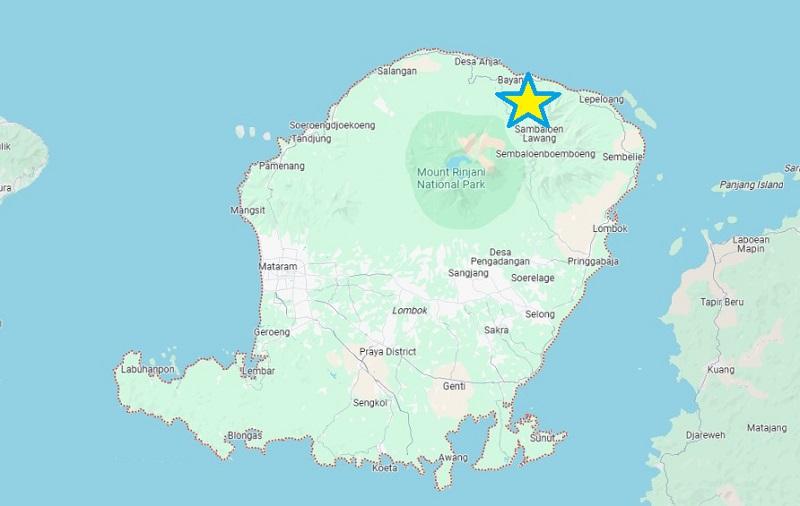
Goal
Support the local Community in Tetebatu Village, Sikur District, to conserve Rinjani forest and protect forest flora and fauna through the development of ecotourism initiatives.
Main objectives
- Broaden community understanding about the Rinjani forest ecosystem for sustainable forest management and conservation, particularly among illegal hunters, forest encroachers and unemployed youth
- Create a book on Rinjani flora and fauna as a resource for tour guides and visitors
- Make a video resource for flora and bird watching tours (including online tours)
- Through a series of workshops, equip the community with the skills and knowledge needed to run ecotourism initiatives including tour-guiding, tree adoption, forest outbound activities and forest culinary experiences.
Context & theory of change
Many communities living in the region of the Mount Rinjani National Park are being impacted by the degradation of the Rinjani forest, causing an increase in flooding and drought, and the reduced availability of clean water. In addition to the problems of forest encroachment and illegal logging, the illegal hunting and gathering of endemic species of flora and fauna is of key concern. However, these activities are predominantly done by locals themselves, particularly people who live on the forest border. Meanwhile, the potential to develop ecotourism activities in the park has not been given sufficient attention. The National Park has provided some resources for this development, and there is increasing interest in ecotourism from both domestic and international visitors; however, the local community lacks the knowledge and skills to take advantage of this opportunity. This project aims to equip the community with some of these skills and support them to create livelihood opportunities based on ecotourism.
Project activities & budget
In the first phase of the project, Yogi and his project team will undertake a forest survey to collect information and identify resources for ecotourism. This includes documenting Rinjani flora and fauna, identifying ingredients for forest cuisine and scoping the potential for forest outbound activities. The team will produce written guides and video resources to support their workshops with the local community, and for direct use in future ecotourism activities.
The team will then run two weeks of training workshops with 20 participants from Tetebatu Village, including poachers, forest encroachers and their wives, and unemployed youth. They will then work alongside the community to support the setup of ecotourism activities. Ongoing involvement by Lombok Sustainable Tourism and the Tetebatu Village government will help ensure the sustainability of these new initiatives in Tetebatu.
Total budget: NZD4993
